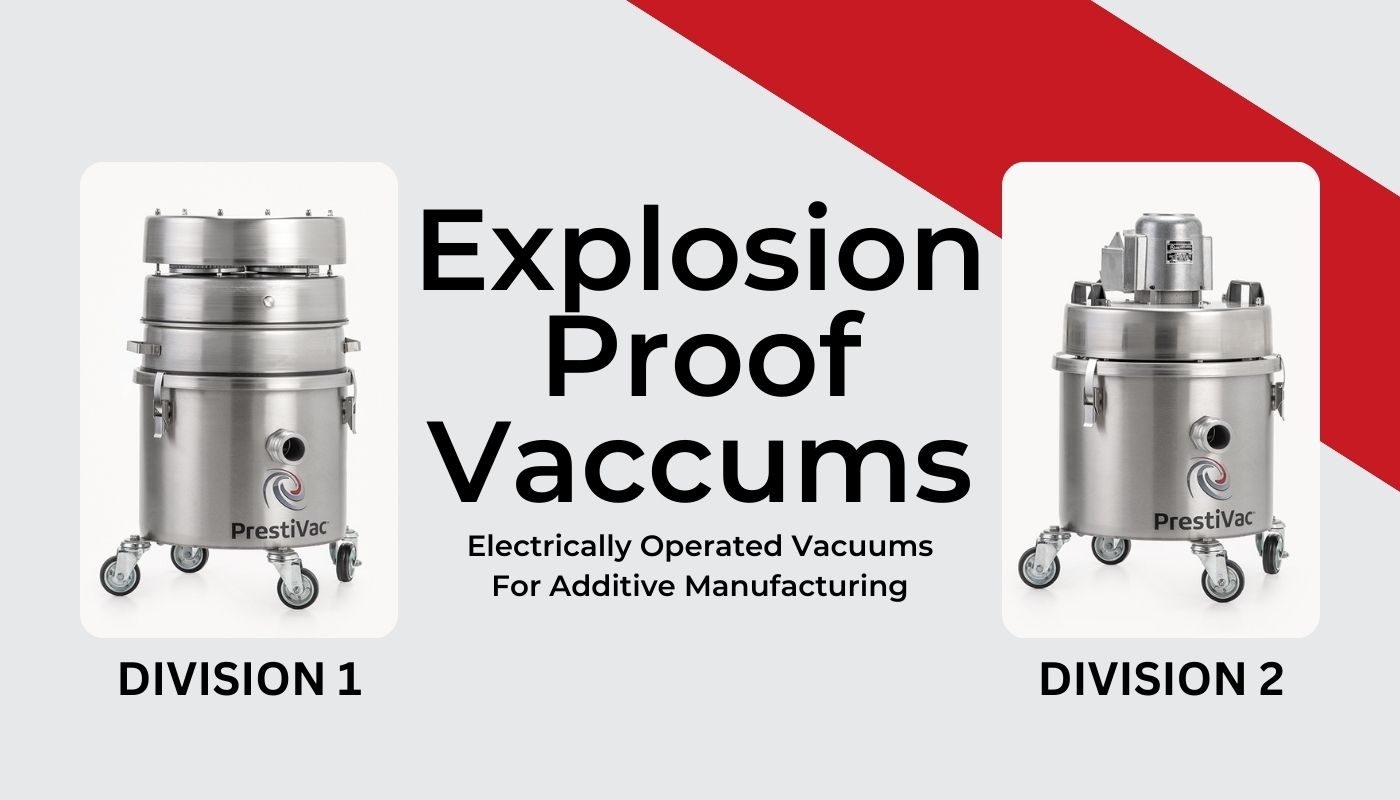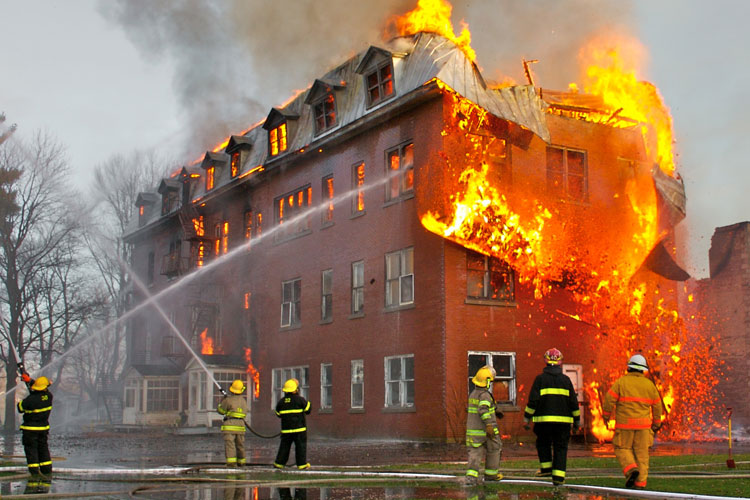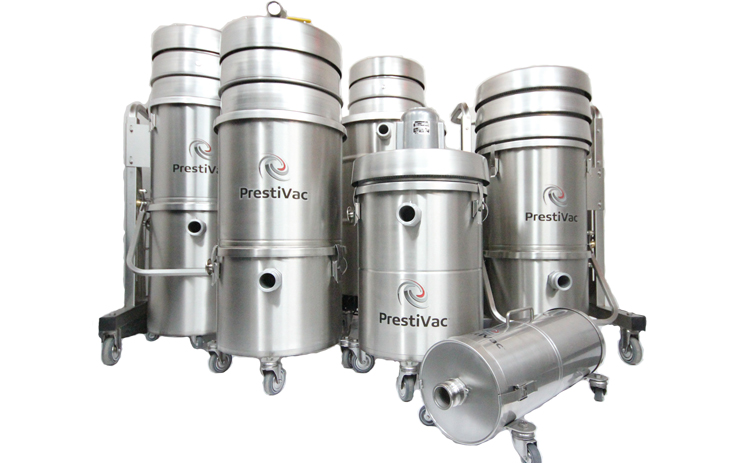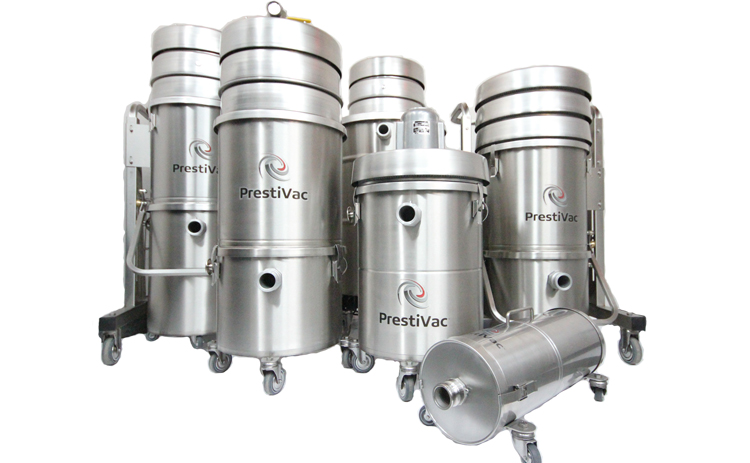If you work in an industry that handles combustible particles then you know the importance of working with vacuums that can withstand a potential ignition because it not only safeguards the safety of your workers but also the success of your business.
This means that you should only work with explosion proof vacuums that meet all the safety standards. The following are tips that will help you make the right decisions when buying an explosion proof vacuum.
Has the Equipment Been Through an OSHA NRTL?
National Recognized Testing Laboratories (NRTL) are in charge of making sure that equipment and products are safe to operate before they get to the floor of a facility. They make sure that everything is done right i.e. confirming that the vacuum is made of non-sparkling materials, making sure that the system is well grounded and is approved for use in an explosive environment.
Does the Vacuum Meet UL Standards?
UL is a global company that deals in safety science by offering their expertise in areas of environmental safety, product safety, knowledge services, verification services plus life and health. On explosion proof vacuums, their work is to list qualifications for products that work with live electricity and fire and make sure they are fit for use in a safe working area. You should work with a vacuum that has a UL certification for high levels of safety when dealing with potentially explosive particulates.
Does the Vacuum Meet CSA Standards?
Just like the UL, CSA makes sure that the combustion proof vacuum is safe for use in an industrial setting. The CSA standards relate to companies that run in Canada and are high and thorough to make sure that the vacuum is good for your company. The CSA standards are regularly addressed to highlight the changes.
Does the Equipment Meet ATEX Standards?
The ATEX standards describe the type of equipment that is allowed to work in an explosive atmosphere such as areas with vapor, gas or mist. From high surface temperatures, lightning strikes to adiabatic compression, any place in which a vacuum may have negative effects on its atmosphere is judged.
These questions are of great importance when identifying the kind of equipment that should be allowed in a room with an explosive atmosphere.













